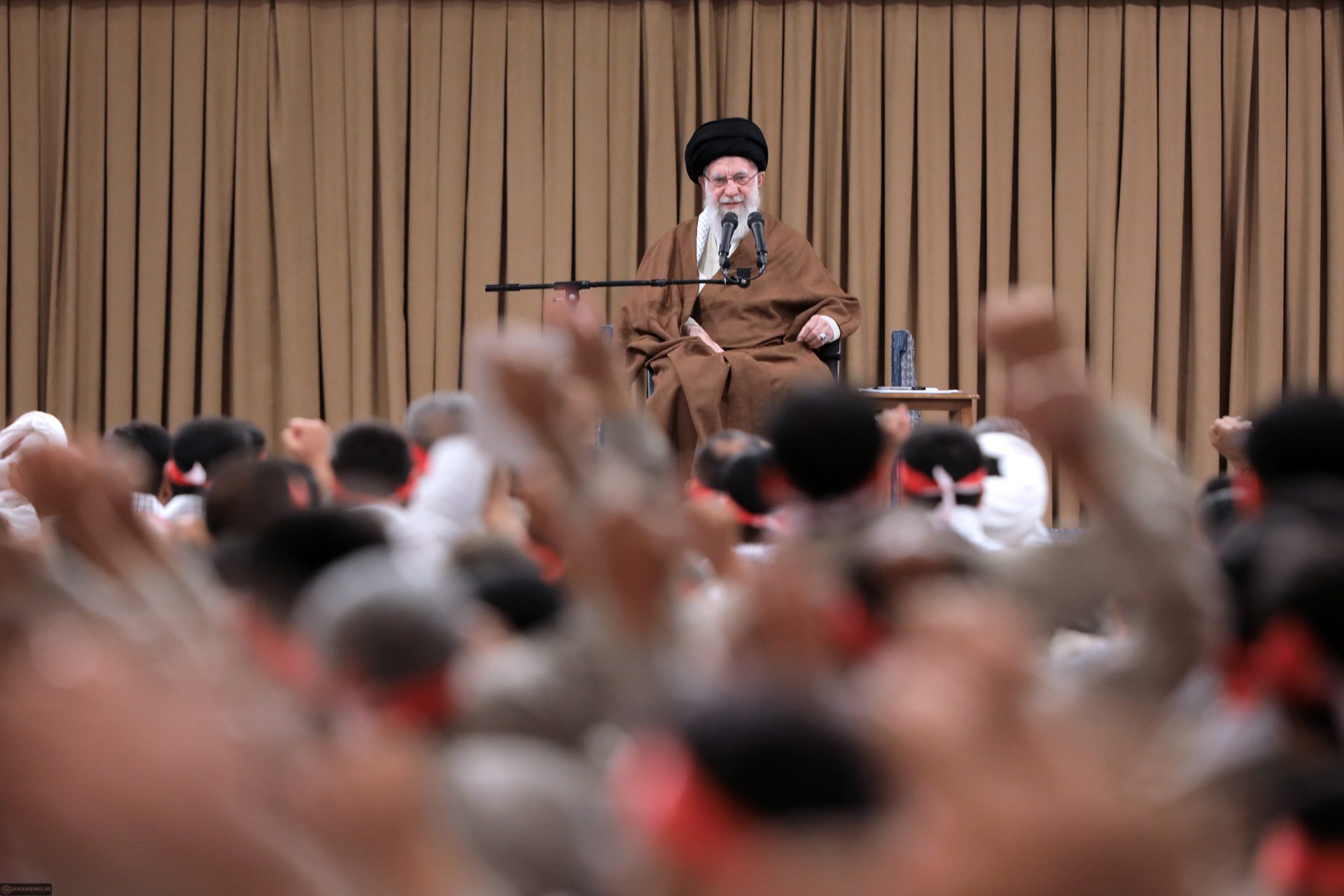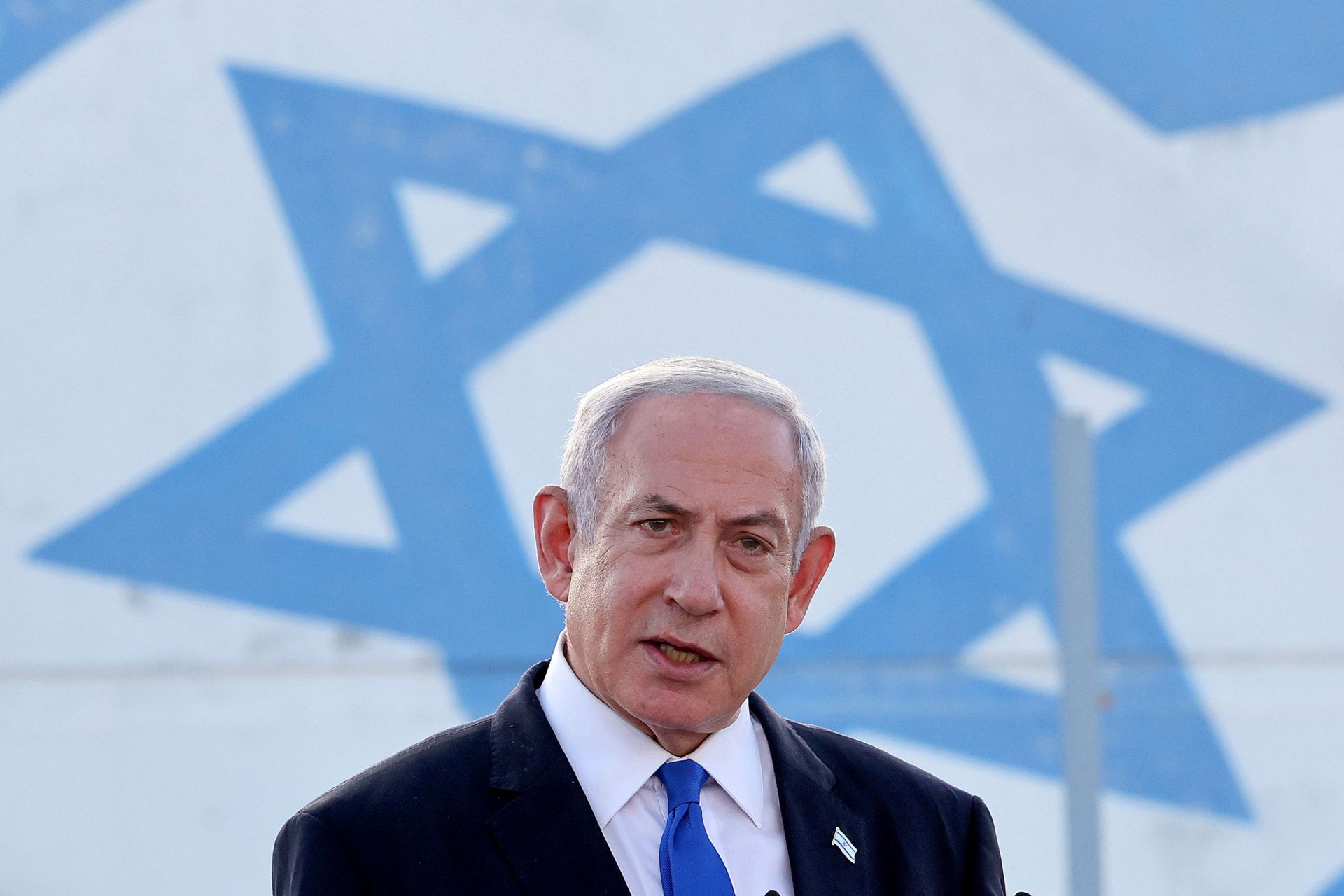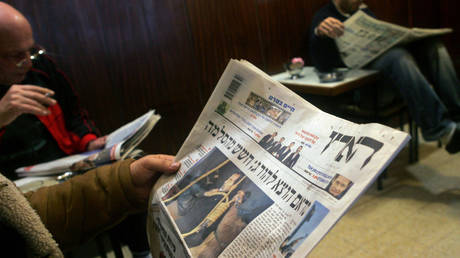ARTICLE AD BOX
Cairo - “Come and see I have Umm Kulthum and Abu Trika dates.” With this call, date merchant and herbalist Yasser Al-Abasiri was bringing his customers to some of his date products during the holy month of Ramadan during the recent years in Egypt.
But the situation has changed this year, in which there were no marketing names for dates, unlike previous years, in which Egyptian merchants, with the approaching month of fasting, resorted to the pleasant custom of naming dates after famous people in politics, art, and sports, which were the subject of people’s talk and jokes.
This year, Al-Abasiri (coming from Aswan Governorate in southern Egypt) participated in the Fourth Cairo International Dates Festival, which was held from February 28 to March 5 in the center of the capital, Cairo, coinciding with the launch of the most important date market in Egypt, specifically in The coastal area north of Cairo . In both events, Al Jazeera Net observed the absence of commercial and marketing names for dates this year.
The price of a kilo of dates in Egypt this year ranges from 30 pounds to 400 pounds, depending on its type. The most expensive is scheduled, and the US dollar is officially equal to 30.90 pounds at the time of writing the report.
Egypt ranks first in the world in date production, with about 18%, and in the Arab world, with about 24% of Arab production, with a number of fruitful palm trees exceeding 16 million palm trees. Cairo also seeks to establish the largest palm farm in the world with a total of 2.3 million palm trees in the Toshka and Owainat areas, according to official data.
Celebrity dates
In 2008, Egyptian merchants resorted to naming the most expensive types of dates after the football star Mohamed Aboutrika, while “ElBaradei dates” secured the position of the most expensive dates in 2010, with the increasing presence of the potential presidential candidate at that time on the political scene.
While the year 2014 witnessed the naming of the most expensive type of date, Sisi’s date, after the Egyptian president at the beginning of his presidency.
The dates bearing the name of the Egyptian star Mohamed Salah, the English Liverpool player, topped the date market in 2018, but with the rise of the Corona pandemic, merchants used the name “Corona dates” in 2020, to attract customers to buy and make fun of the crisis, but these names are remarkably absent currently.
These marketing labels sparked anecdotes and funny discussions in the street, in people’s gatherings, and on social media sites, due to the Egyptian people’s love of jokes.
The ghost, Nancy Ajram, and Abu Trika in place of the Bermuda and the lamp
Al-Abasiri continues his talk, remembering the old names, and says to Al-Jazeera Net: “Our dates in Aswan have basic names, but famous names appeared for a period, such as the Bermuda date, which they call the Ghost, the Qandila date, which they call the name of the Lebanese singer Nancy Ajram, and the Scotti date, which they call by the name The player (retired) Mohamed Abu Trika .”
The fifty-year-old seller adds that this year he has not noticed - until now - the spread of famous names, which pleased him because he prefers calling dates by their real name, noting that he felt very embarrassed when he put the name of Kawkab Al-Sharq, the Egyptian singer Umm Kulthum (1904-1975), on his products so that He sells them in the name of the famous artist, not the name of the producer, but the situation changed after the Egyptians memorized the real names of the dates coming from Aswan, such as Al-Shamiya, Bertuda, Al-Sakuti, Al-Bayada, and Al-Qandila, which made them ask for them by name, according to Al-Abasiri.
“A fashion that has ended.” Al-Barhi, Al-Siwi, and Al-Aswany are well-known types
“Hazard and absence,” is how the young man, Muhammad Ihab, who works in the field of dates coming from the New Valley Governorate, southwest of Egypt, described to Al Jazeera Net these marketing attempts for dates, stressing that this year the buyer is asking for the real names of dates, whether Siwa, Barhi, or Medjool.
Ihab, who also participated in the Dates Festival this year, points out that the name was used according to what was popular with events and people before the start of the Ramadan season, for the purpose of entertainment and starting a conversation with customers, who used to accept the names as a joke, but then they would ask about the real name and the type of name. Dates offered.
The talk of the vendors in the date market in the coast did not differ from their predecessors. The young seller, Imad Ibrahim, described naming dates by famous people as a “fashion that has ended,” stressing that the coastal market is famous for dry Aswan dates of all kinds and is witnessing a great demand from citizens from various parts of Greater Cairo, due to For its reasonable prices and good reputation among buyers.
Al-Majdool, Degla Nour, and Al-Saqa’i overthrow “Laila Alawi” and “Rahm Al-Ain”
For his part, the media advisor to the Cairo International Dates Festival, Tariq Al-Gawhary, explained - in his speech to Al Jazeera Net - that the famous names that were given to dates, such as “Laila Elwi” in reference to the Egyptian artist, or “Eyelash” dates, were for purely marketing reasons, given by merchants. With their diligence to increase sales rates and marketing opportunities.
Al-Jawhari believes that the awareness of the ordinary man in the street rose with the spread of means of communication and technology, and he learned the real names of dates, which made the commercial names not attractive to citizens, in light of their keenness to buy a certain type by its real name for the benefits of this type, such as Majdool, Sukoti, Malkabi, Sukkari, or Sultani, scotti, or bertamuda.
Al-Gawhary adds that there are 4 types of dates in Egypt, which are:
Dry. Wet.
Semi-dry, such as braided.
Fresh dates, such as “Al-Umma” dates or “Ibn Aisha” dates.
While this does not exist in the rest of the world, where date species are limited to one or two species, due to climatic conditions.
The media advisor for the Cairo International Dates Festival drew attention to the fact that there are other names for dates that are invading Egypt from abroad, such as the Deglet Nour date, which is produced by Algeria, Libya, and Tunisia, and the Sagai, which is produced by Saudi Arabia. He explained that Cairo has begun cultivating these varieties to enter global markets.
.png)
 8 months ago
4
8 months ago
4









 English (US)
English (US)